detail profile alberto capozzi
Peran Yang Di Mainkan Alberto Capozzi
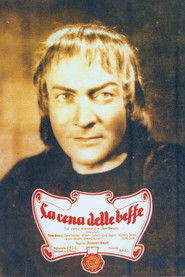 In Florence at the time of...
In Florence at the time of...The Jester's Supper 1942
In Florence, at the time of Lorenzo de Medici, known also as Lorenzo the Magnificent, the aristocrat brothers Chiaramantesi rule with an iron fist the streets of the city. Ruthless and fierce, the two brothers have chosen as their special victim the innocent and harmless Giannetto. Even though determined to not react to the cruel pranks of the brothers, Giannetto is forced to take a stand when Ginevra, a beautiful girl that works in the Chiaramantesi household, is dragged into the game. To defend his honor and protect the girl, Giannetto works out a fiendish plot that will end in blood and madness.
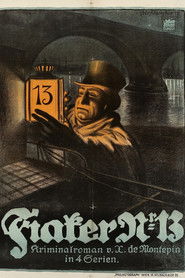 Il Fiacre n 13 from the novel...
Il Fiacre n 13 from the novel...Cab Number 13 1917
Il Fiacre n. 13, from the novel of the same title by Xavier Henri Aymon Perrin, Count of Montépin, a highly prolific and much-loved author whose books were vehicles for the depiction of social inequality, narrating stories of love, death, betrayal, blackmail, and redemption. The sweeping narrative of Il Fiacre n. 13 was mutilated by the Italian censor’s suppression of its first part, the most cynical episode, which sets the scene for a scheme discernable in the other three episodes, as the story develops from a sordid murder through plotting and deceit to finally reach a happy ending.
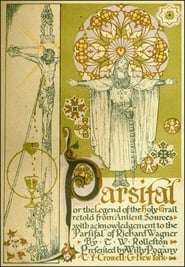 A fantasy film about the knight...
A fantasy film about the knight...Parsifal 1912
A fantasy film about the knight Parsifal, who has to protect the Holy Grail from wizards.
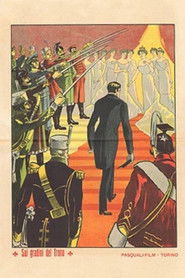 In fictional Silistria a plot is...
In fictional Silistria a plot is...On the Steps of the Throne 1912
In fictional Silistria, a plot is hatched to send the heir to the throne to Paris for a year.
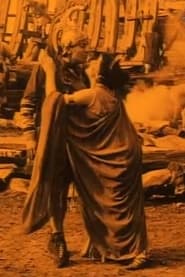 After seven years of traveling Aeneas...
After seven years of traveling Aeneas...Didone abbandonata 1910
After seven years of traveling, Aeneas and the other Trojans are surprised by a storm that wrecks their ship on the African coast. Here they are led by the Amazons to the Queen of Carthage, Dido, who soon falls in love with Aeneas. When the King of Numidia, Iarbas, comes to marry Dido, she rejects him. But in the meantime Anchises appears to Aeneas in dreams, and commands him to leave to found Rome. So, while Iarbas’ army surrounds Carthage, Aeneas embarks secretly for Rome.
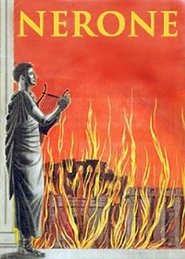 Roman emperor Nero is used to...
Roman emperor Nero is used to...Nero, or The Fall of Rome 1909
Roman emperor Nero is used to getting what he wants. He has grown tired of his wife Octavia, and has become infatuated with Poppea. He succeeds in making Poppea the new empress, but soon he faces opposition from an outraged populace. Informed of the danger of an imminent popular uprising, Nero orders to set fire to the city, which he watches from a terrace, rejoicing and playing his lyra.

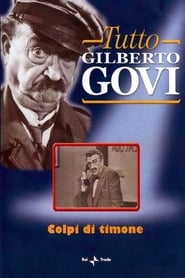
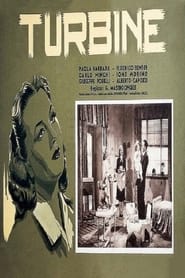 Giovanna leaves her husband and son...
Giovanna leaves her husband and son...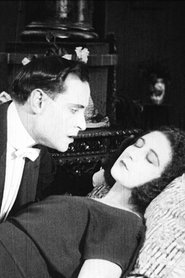 To save her profligate brother from...
To save her profligate brother from...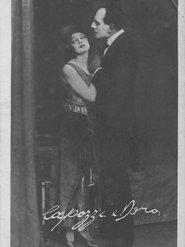 A silent drama film directed by...
A silent drama film directed by...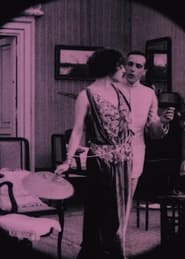
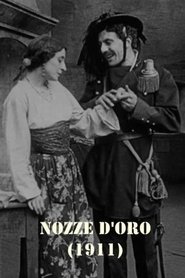 A grandfather recalls how he and...
A grandfather recalls how he and...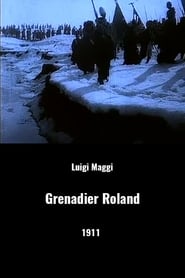 This film shows the realistic battle...
This film shows the realistic battle...